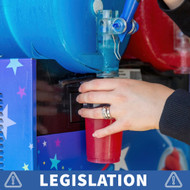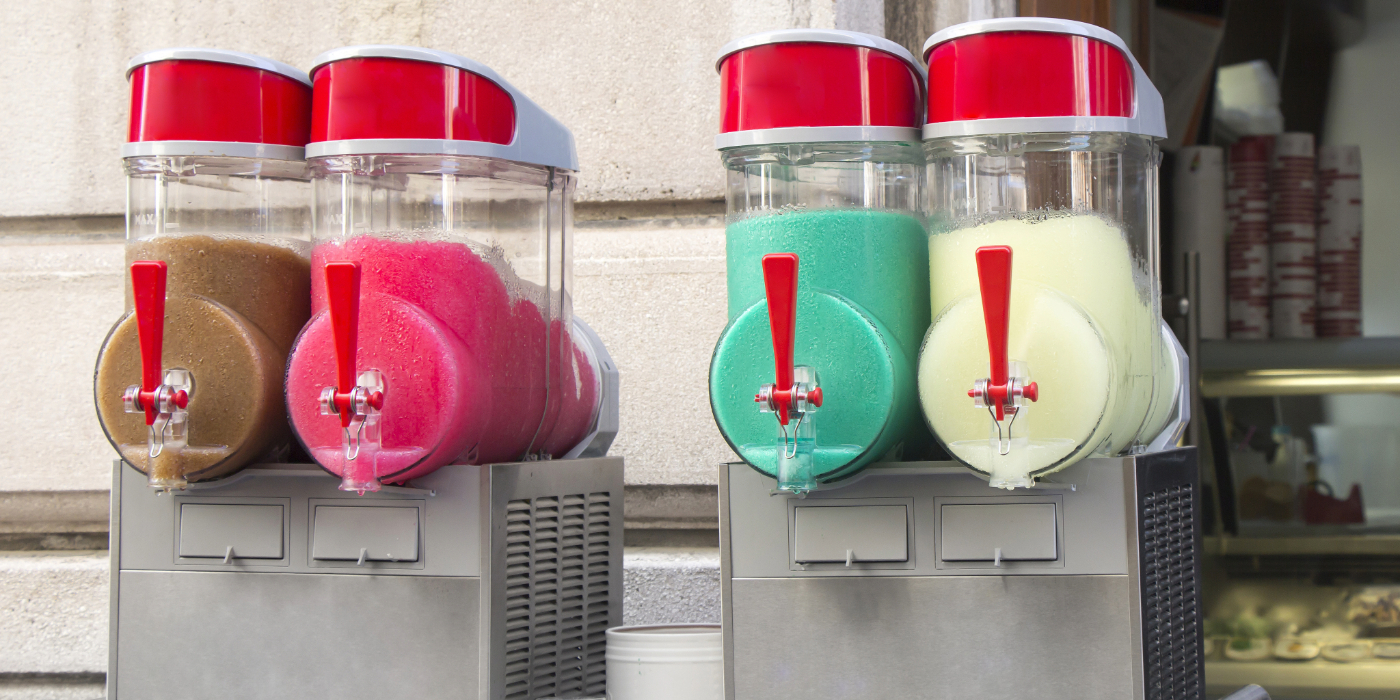Slush Drinks Under Scrutiny: FSA Raises Age Limit Over Glycerol Concerns
Posted by Emma on 19th Jun 2025 Reading Time:
A colourful summer treat has found itself at the centre of new public health guidance, as the Food Standards Agency (FSA) and Food Standards Scotland (FSS) issue revised recommendations on the sale of slush ice drinks to young children. These icy favourites—popular in cinemas, seaside towns, and fast-food outlets—have been deemed potentially dangerous for children under the age of seven due to high levels of glycerol.
Why the Change?
Previously, the minimum age recommendation was four years old. Now, based on new evidence and a revised risk assessment, the FSA has raised the threshold to seven. This precautionary move comes in response to recent cases of glycerol intoxication, where children with lower-than-average body weights were found to be particularly vulnerable. The updated analysis evaluated the effects of a standard 350ml serving containing 50,000mg/L of glycerol, revealing risks that include dangerously low blood sugar levels and even unconsciousness.
Jacqui McElhiney, Head of Science at the FSS, stated, “The updated risk assessment highlights that younger children, particularly those with lower body weight, are more vulnerable to the effects of glycerol.” She added that this move reflects a broader commitment to consumer protection based on the latest scientific evidence.
Understanding Glycerol’s Role
Glycerol is used in slush drinks as a sugar substitute, preventing the mixture from freezing solid. While this additive is permitted across the UK and Europe, its concentration in slush drinks far exceeds that found in most other food products. It is this high concentration that has prompted concerns.
In warm weather, children are naturally drawn to icy refreshments. But the combination of heat and overconsumption may amplify the risks. The FSA has also maintained its earlier recommendation: businesses should not offer free refill promotions of slush drinks to children under ten, as this could lead to excessive glycerol intake in a short period.
Guidance for Businesses and Parents
The revised guidance remains voluntary but is strongly encouraged. Retailers are advised to limit cup sizes, avoid refill deals for young children, and use the lowest possible amount of glycerol needed to achieve the desired slush texture. Additionally, the FSA has called on industry stakeholders to be transparent and share data on glycerol quantities to support future assessments.
Susan Jebb, Chair of the FSA, stressed, “There are immediate actions businesses can take to help protect children, including limiting cup sizes and ending free refill promotions for children under 10.”
Parents and carers are also urged to take an active role. As always, reading product labels and making informed choices is key. The FSA’s updated advice now extends to ready-to-drink pouches and home-use slush kits containing glycerol, making this a broader public health message beyond the high street.
Industry Response
The British Soft Drinks Association has welcomed the guidance and reaffirmed its commitment to compliance. Gavin Partington, the association’s director general, noted that glycerol has been a staple ingredient for years and emphasised the industry’s readiness to support the FSA’s objectives. “We support the FSA’s efforts to ensure parents have the right information to safeguard their children,” he said.
A Wider Debate on Additives?
While this move may seem narrow in scope, it raises broader questions about food and drink regulation, especially when children are the primary consumers. Should more additives be evaluated for their effects on the youngest and most vulnerable? Is it time for stricter labelling standards? As public health agencies sharpen their focus on children’s well-being, the conversation is likely just beginning.




